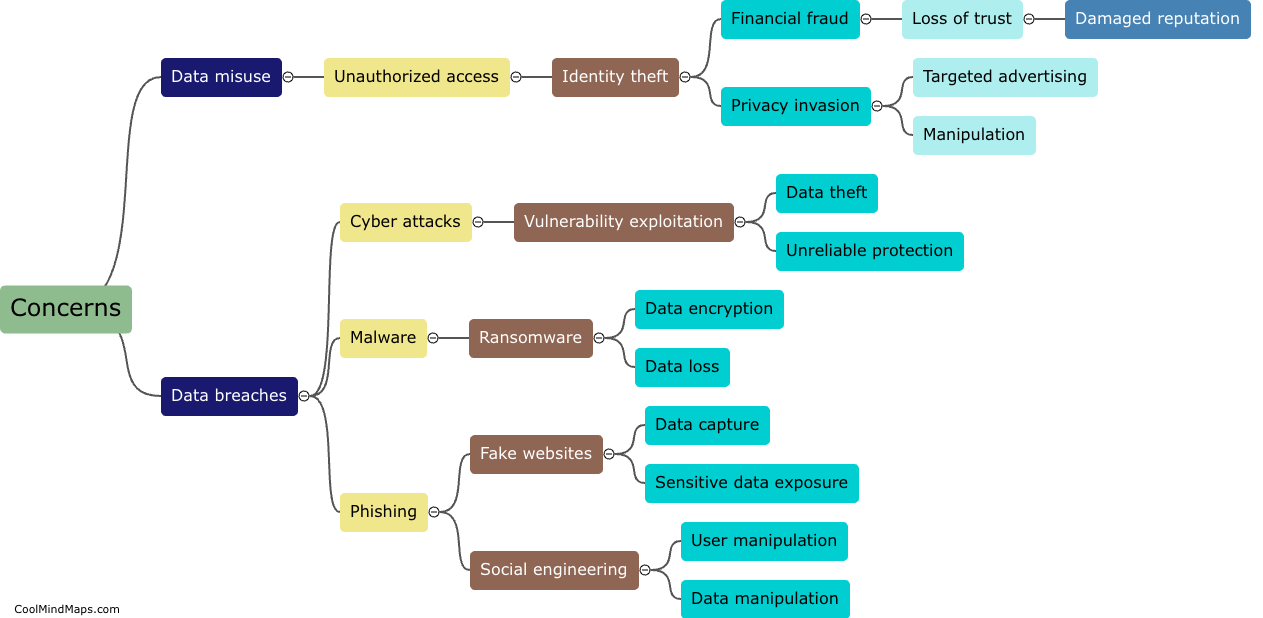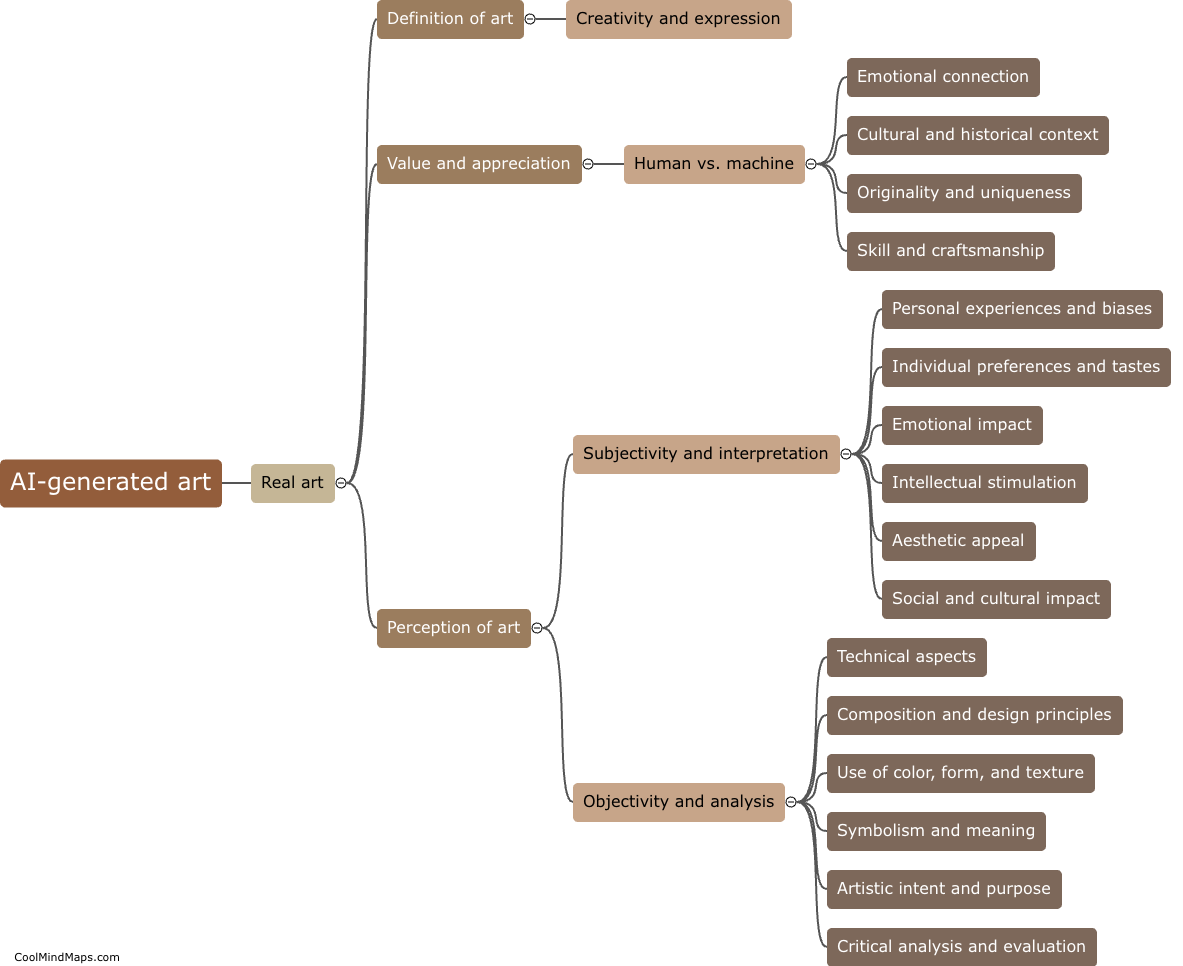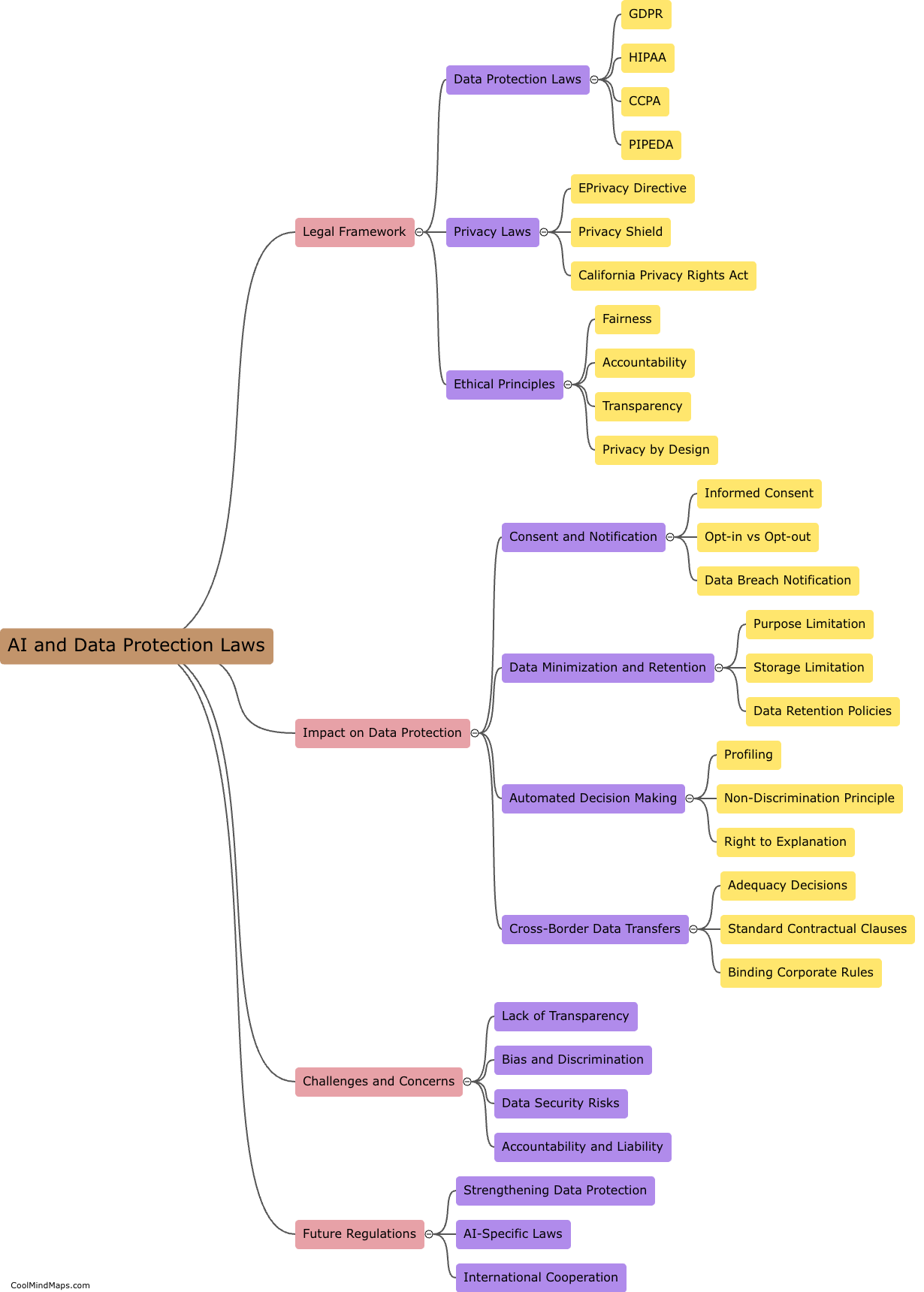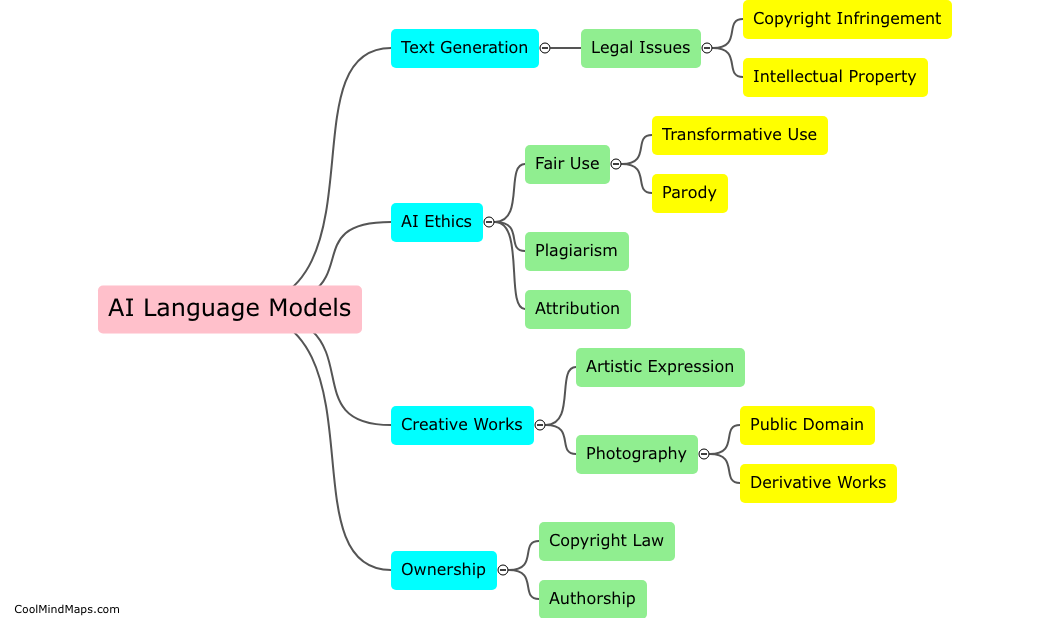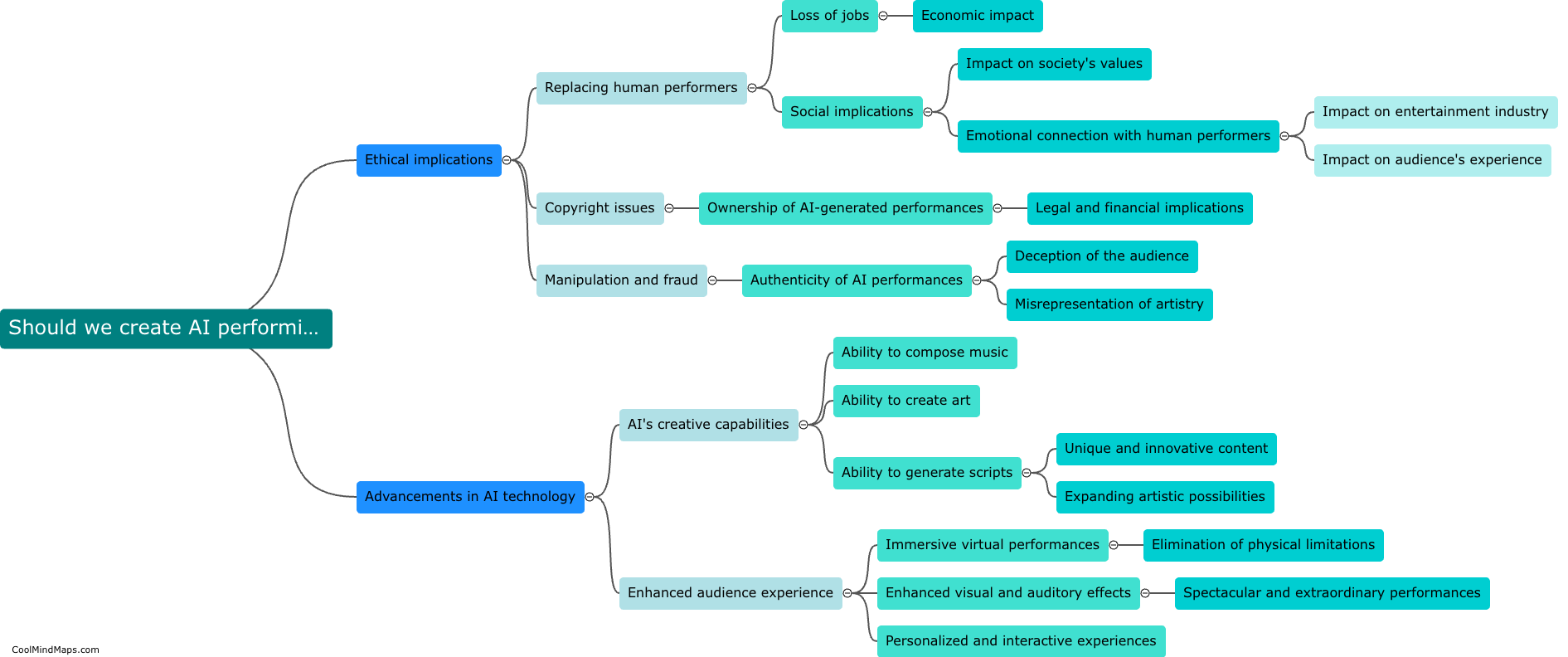What legal precedents protect marginalised groups from discrimination?
Legal precedents protect marginalised groups from discrimination through the establishment of various key principles. One such precedent is Title VII of the Civil Rights Act of 1964, which prohibits employment discrimination based on race, color, religion, sex, or national origin. This has set a crucial foundation for safeguarding marginalized communities from discriminatory practices. Similarly, the landmark Supreme Court decision in Brown v. Board of Education (1954) declared racial segregation in public schools unconstitutional, setting the stage for equal educational opportunities. Moreover, the Fourteenth Amendment's Equal Protection Clause guarantees equal treatment under the law, reinforcing the notion that discrimination based on race, gender, or other protected characteristics is illegal. These precedents demonstrate the legal framework in place to promote equality and combat discrimination against marginalized groups.

This mind map was published on 4 October 2023 and has been viewed 94 times.





